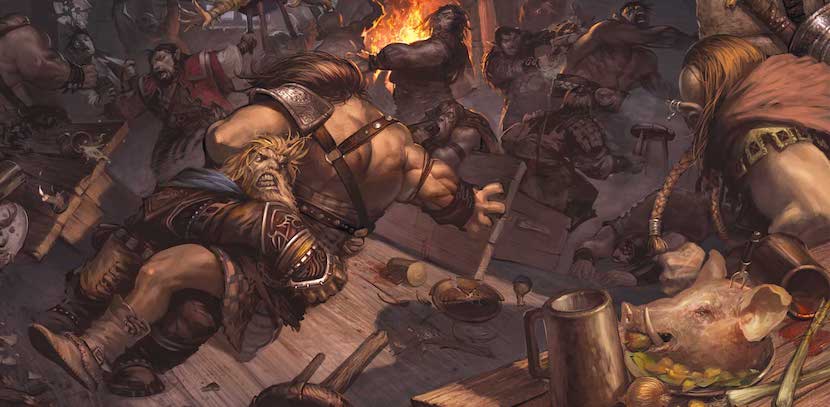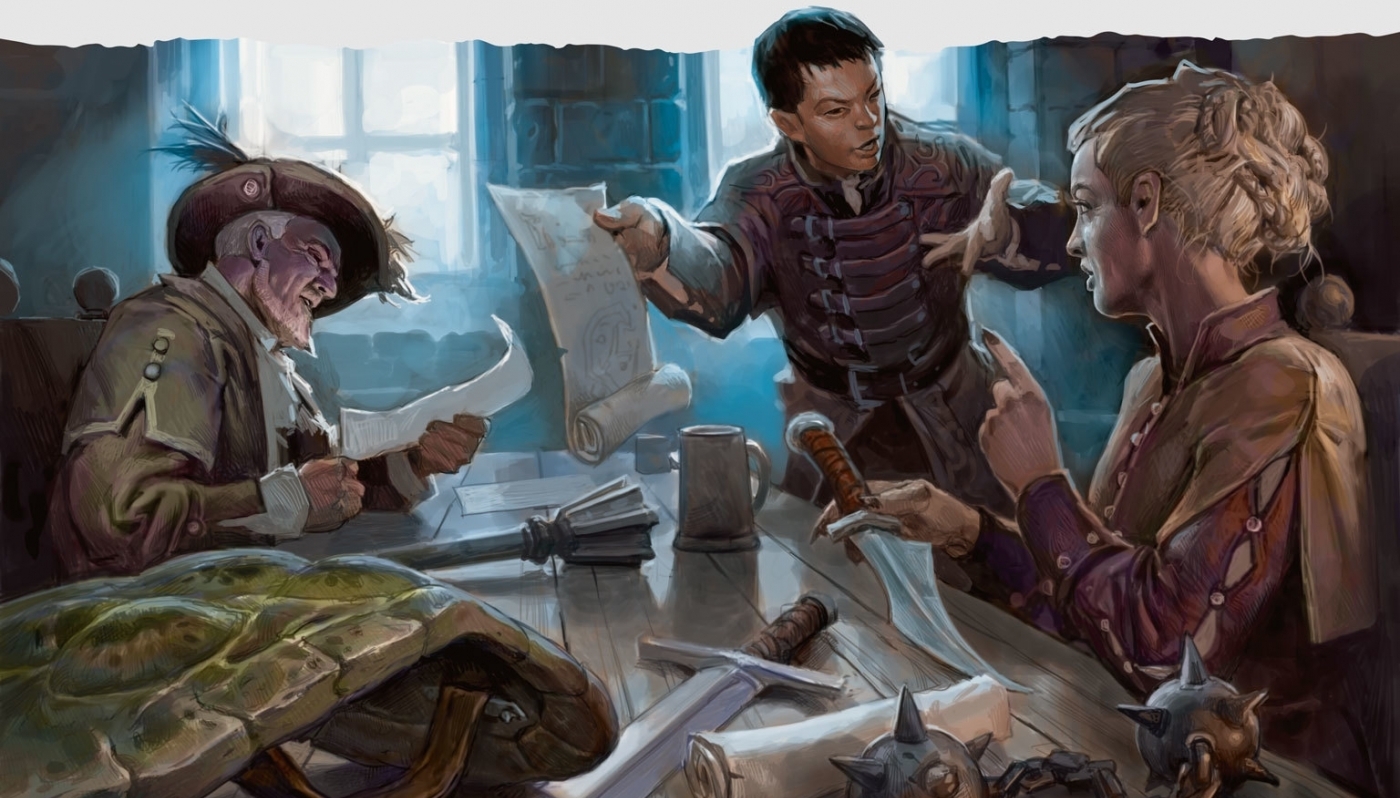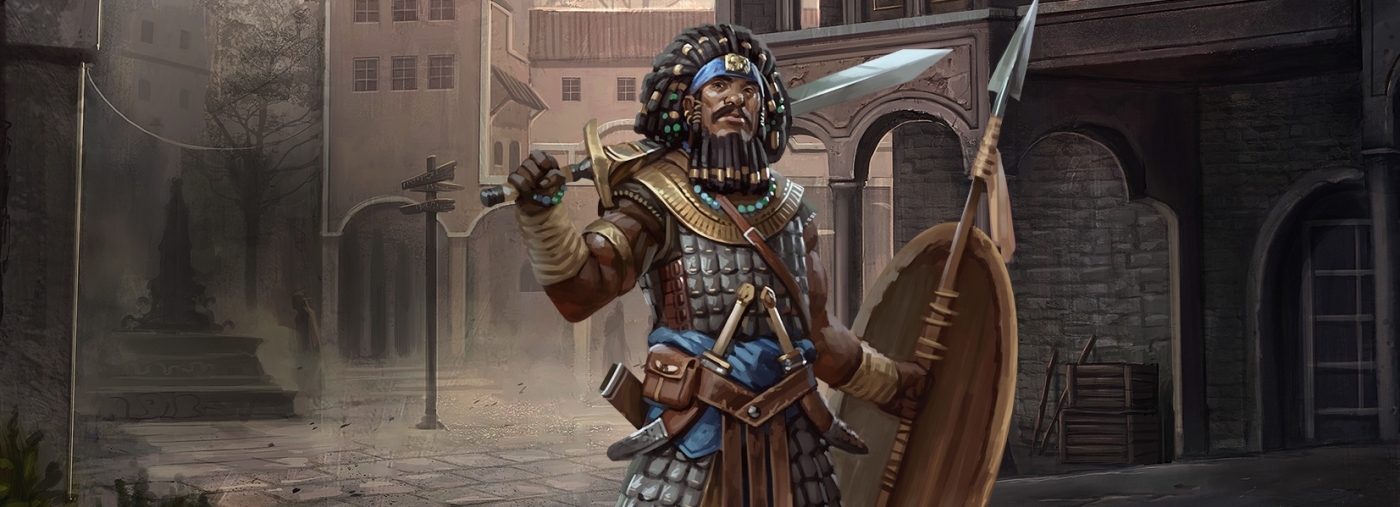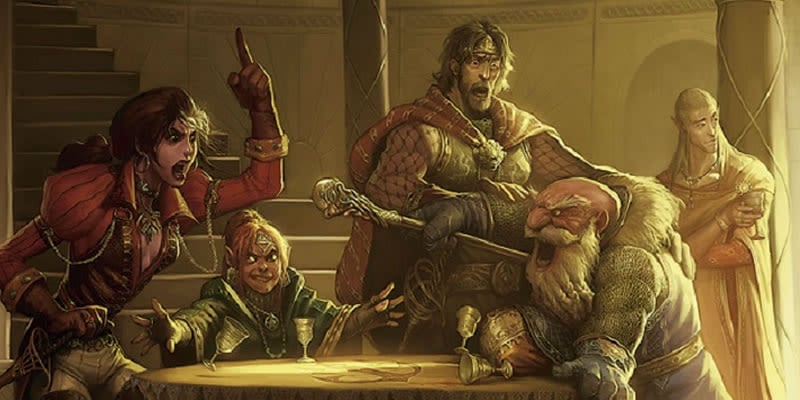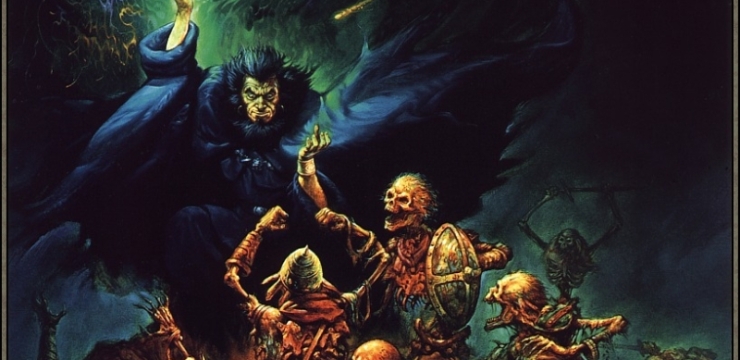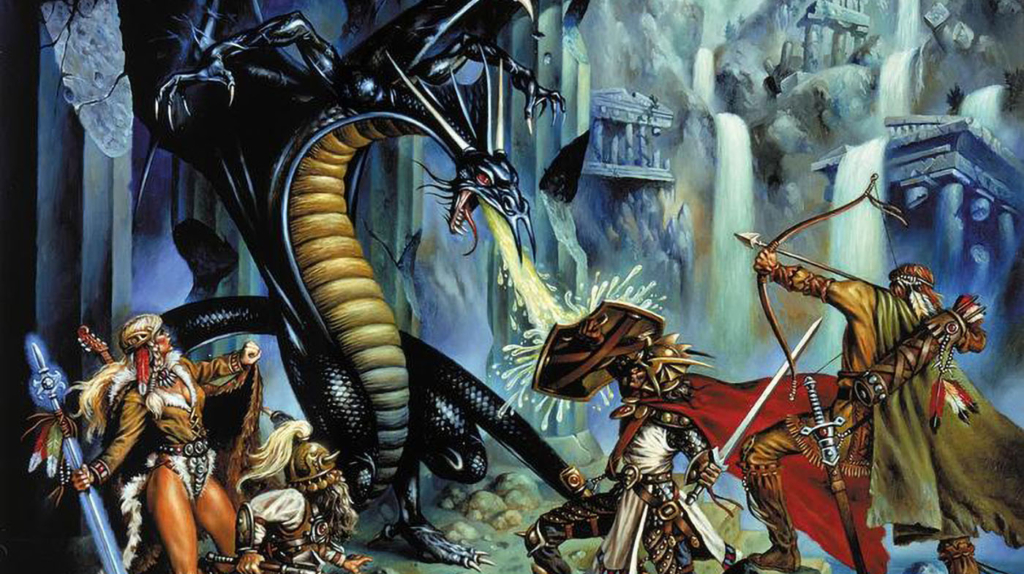D&D: Kick Your Campaign Off Right
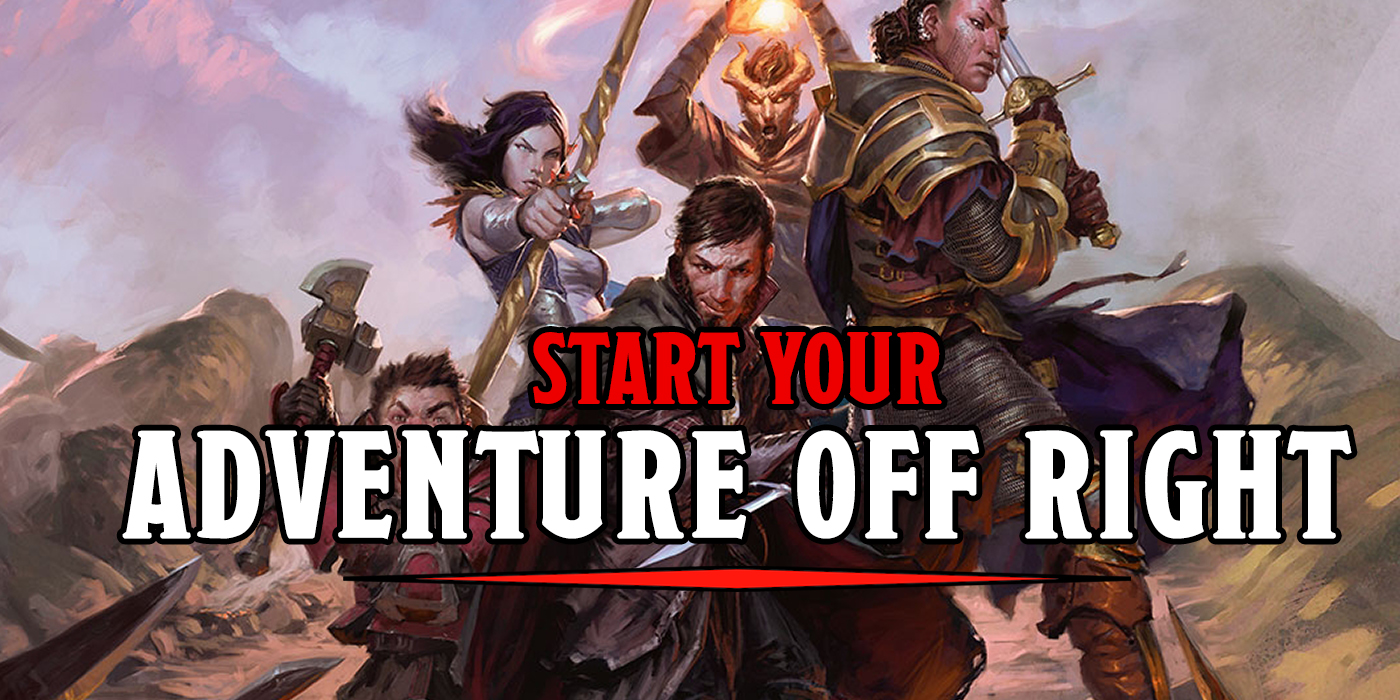
It is a time for new beginnings all around the country, so let’s talk about how you can make your newest campaign begin with a bang.
RPG Campaigns, for the most part, have a sort of aspirational ideal: a band of heroes of unlikely origins and connections set out from humble beginnings and eventually rise to either meet a challenge or make their mark on a world, growing ever stronger in skills and powers until they fight foes no mortal would ever dream of facing. If this sounds familiar that’s because it’s the same underpinnings of just about every heroic story with few exceptions.
Now taking on gods can be metaphorical– a confrontation that’s against a figure who in your mind was godlike is just as real and meaningful as fighting an actual god. But we’re not here to talk about why the climax of Always Be My Maybe is just as dramatic, narratively speaking, as John Wick. Nor are we here to discuss the merits of Keanu Reeves’ storied career.
We’re here to talk about getting those first few steps right. Because that initial call to adventure takes the players out of their humble origins, connecting them to the wider world. It’s a step that leads inevitably to them leaving behind the safety and comfort of their home into the dangerous, chaotic world where adventure happens.
But, just as Luke’s adventure started with a trip to Alderaan, or the world-changing adventure in Avatar: the Last Airbender started with a journey to go Penguin sledding, those first steps are often not the first steps we think we’re taking.
There’s so much we can learn in that first adventure. This is where we get a glimpse, of who the heroes want to be. Whether you get there or not is up to the rest of the campaign.
That first adventure, though, is ripe for exploring wants, themes, and tone. Especially in a roleplaying game where you don’t have the luxury of mapping out where the characters will go. That first adventure is great for setting the tone and mood of your campaign.
My campaign’s tone is Town Council Meetings
Nobody has time to confront an epic villain and trade heroic/villainous monologues if they don’t know who they’re playing yet. This adventure represents a slice of what everyday life is like for your characters. Or at least of them stepping up to do something extraordinary for the first time. It’s where you generate fodder for character. Even if all they do is decide to follow goblins to their caves for more loot. So, how do you start it off right?
The biggest thing is to keep in mind is the opportunity to make choices as a character. The choice can be obvious: rescue a person, stop to help someone who’s wounded, chase off the bandits, etc. Whatever the case, it should always feel like the characters’ decision. As a GM, you can cheat and serve up some softball choices.
The beginning, far from a delicate time, is a chance to try things out and see what works. Your players can try on their characters too. Make it clear that there’s a chance to change too.
It doesn’t have to be a lot of work. In fact it’s better if you keep the overall plot simple and obvious. It’s much easier to think about your characters when the decision is easy to make. But if you want to capture that feeling of actually having to make a choice, it’s easy. Set up a quest with a simple, but broad objective, something like “patrol the woods for signs of wild animals,” or “investigate the strange lights in the tomb” or “find the missing children, last seen near the old barrows.”
Don’t make it about clearing out a dungeon, or pursuing a villain–not yet anyway. Keep it simple so that the world grows in complexity along with your players. By keeping the stakes low, you give players freedom to explore who they are.
If you’re having a hard time figuring out a simple objective that hits for all the players, your best bet is just to ask them what they want. You can do this in-character by having an NPC ask a character what they want, or you can (and probably should) in session zero pay attention to what the players say about their characters and ask them what they’d like to do in the game.
If your players can figure out where you’re headed, that’s awesome. Once you have your simple objective in place, all you have to do is add one little wrinkle. There’s a classic formula for quests in video games that goes something like “Player receives quest with objective X, while on the quest player learns Y, which changes the quest.”
And you can steal from that. While out on patrol, their captain is injured and they must figure out how to help. When they find the missing children, they discover they are in an enchanted sleep and a nearby fae spirit holds the key to breaking it.
Even if the goal is to get a stash of gold, the gold should be something the players learn about in-game, so they can then decide to go get it, instead of being told: “go get the thing.” Because when the player decides to go get the thing, it’s the character doing it. Even if they do exactly what you planned, it’s still a decision the character made. And the secret to capturing that epic feel is feeling like you got to wherever you end up by virtue of who your character is (and a few lucky dice rolls).
In short:
- Make the objectives clear
- Let your players go after them
- have them learn something new along the way.
- Keep things simple and low stakes
- Keep the big overarching plot at bay for a little while
And you’ll have a starting quest that feels like the start of something big.
Happy Adventuring!

